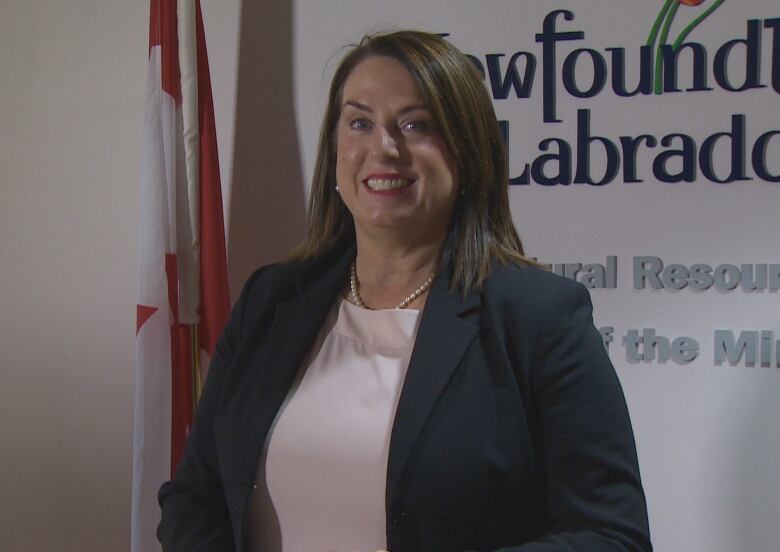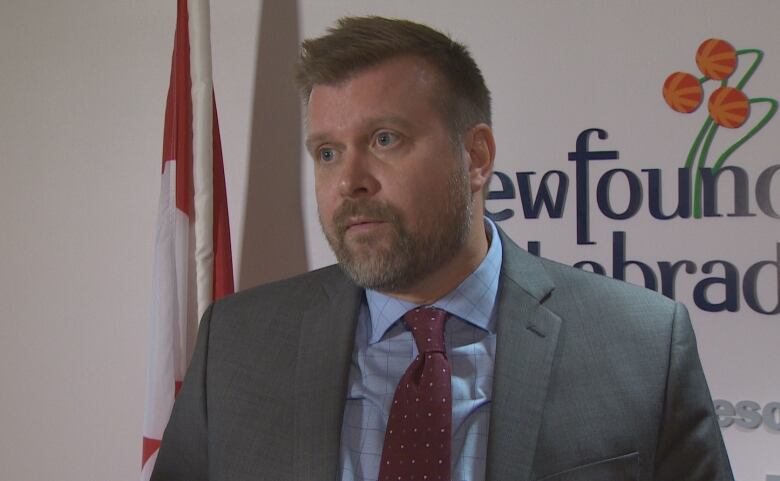C-NLOPB, governments talk prevention in wake of 'absolute disappointment' of 2018
Regulatory CEO says he's assured governments will provide additional resources if necessary

After three oil spills in 10 months, Newfoundland and Labrador's offshore industry regulator met Friday with provincial and federal government officials to discuss how to prevent future spills, but so far no concrete steps have emerged.
At a press conference Friday after the meeting, provincial Natural Resources Minister Siobhan Coadystressed the importance of safety in the offshore industry.
"Safety and environmental protection are paramount, and we expect our operators and we expect our offshore to be managed and utilized in a safe way," Coady said.
Coady said the meeting discussed the SeaRose floating productionstorage and offloading vessel spilling250,000 litres of oil into the North Atlantic in November, and two separate Hibernia spills resulting in 12,000 litres and 2,200 litres dumped into the ocean earlier this summer.
Coady said the spillsare still under review, but addedthere appears to be no common thread connecting each one.

The focus of Friday's discussion was to findpreventive measures and environmental and workplace safety, as well as a review ofthe existing regulatory framework.
Higher frequency
Scott Tessier, CEO of the Canada-Newfoundland and Labrador Offshore Petroleum Board, acknowledged"2018 was an absolute disappointment in terms of performance," andsaid the federal and provincial governments have assured him the regulator will have any additional resources it needs.
He said that could include more frequent visits to offshore facilities, with any extra spending expected to be funded by the industry, although no concrete plans were announced.
But Tessieralso said he doesn't believe there needs to be additional observers on offshore oil production sites, adding that officials visit sites every two to three months to review environmental compliance, safety and well operations.

"The hypothetical scenario we ran was, what does that person or those people do? There are hundreds, if not thousands, of decisions and operational activities that are undertaken on the offshore on a daily basis," he said.
"The discussionwe had today is about how we can better sharpen our focus in terms of our offshore presence to ensure that we're anticipating and we're responding to where the risks lie."
Excellent safety record
Despite offshoreaccidents including the Ocean Ranger disaster, the Cougar helicopter crash and oil spills, Tessier said the province's safety record is excellent compared with others around the world.
"I certainly am not dismissive of those, but the safety record apart from that has been quite positive," he said.
With files from Marie Isabelle Rochon












_(720p).jpg)


 OFFICIAL HD MUSIC VIDEO.jpg)
.jpg)



























































































